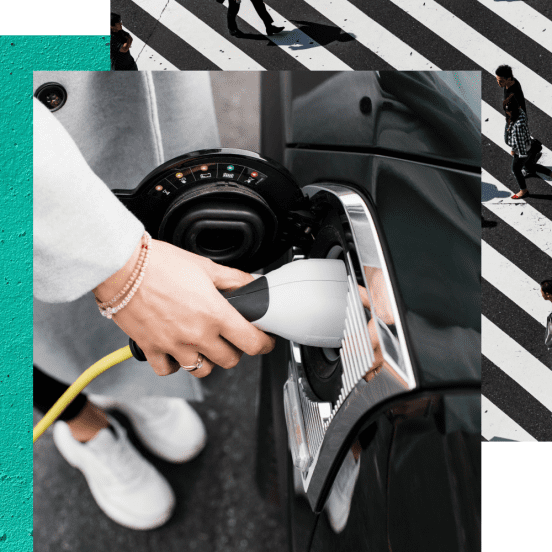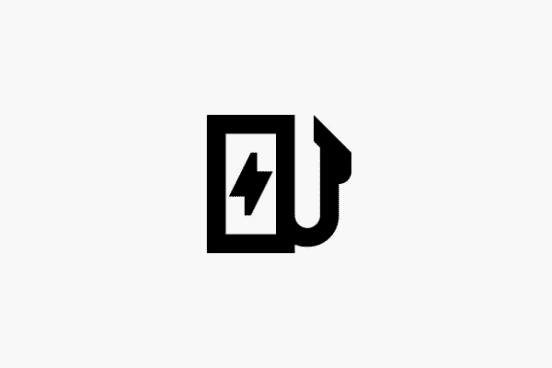Together on the road to zero emissions
Uber changed the way the world moves. And we’re committed to changing the way the world moves forward. That’s why we’re committed to becoming a zero-emission mobility platform by 2040 – a goal that can only be achieved by working together.
Why go electric?
There are lots of reasons to make the switch to an electric vehicle, also known as an EV.
Fuel savings
EVs enjoy reduced costs with the price of electricity compared to petrol or diesel as fuel
Better for your city
Driving EVs helps reduce emissions, lower air pollution levels making your city a healthier place for everyone
EV technology
EV technology makes for a great ride. Drivers who’ve made the switch say their new EVs are comfortable and easy to maintain, and that their riders also love the quieter, smoother trips.
Choosing an EV
3 important numbers when looking for an EV:
1. Price
Of course it’s important to compare the EV options available to you for your budget. More and more EVs are coming onto the market, increasing the options available and giving you more choice in selecting the right next car for you.
2. Range
A typical driver on the app could expect to cover 160-210 kilometres in a day.* The 'range' or distance an EV can cover before needing to recharge is given in kilometres, and largely determined by the size of its battery. So a fully charged 40kWh battery can average around 225 kilometres per charge, whereas a 62kWh battery can average around 354 kilometres per charge.
3. Charging speed
How long it takes to charge an EV will be influenced by two main factors: the size of your battery and the charger's speed. The rate an EV can take in electricity from a charger is measured in kilowatts (kW).
A typical 50kW charger can recharge a 64kWh battery from 10% to 80% in 63 minutes, or a larger 77kWh battery the same amount in 71 minutes.**
A third factor that can affect how quickly your EV charges up is the technology in the car itself — its charging hardware and software. Depending on the model, this can mean larger batteries charge even more quickly than smaller ones.
For example, more powerful 175kW public chargers could recharge a 64kWh battery from 10% to 80% in 44 minutes but only take 33 minutes for a larger 77kWh battery in the right model. These more powerful public chargers, if available, are typically more common outside of city centres.
Making charging work for you
EV drivers charge using either public or home chargers, or a combination of the two.
Public chargers can come in a variety of types and speeds. As you prepare to make the switch to EV, it’s worth researching the public charging options near to you and for example if you need to become a subscriber to use them.
If you do have access to off-street parking like a private driveway or garage overnight, installing a home charger can make charging an EV convenient and more affordable. Home charger specifications also vary, so exploring which option could best fit your vehicle is well worthwhile.
If you’re fortunate enough to be able to charge easily at home, getting a 64kWh battery from absolute 0 to 100% could take 10 hours 30 minutes with a home charger installed or 12 hours 15 minutes with a 77kWh battery.
Helping you go electric
Drivers like you are leading the way towards a greener future, and Uber is committed to supporting you. We know there’s a long way to go here, but together we can accelerate EV adoption in New Zealand. Here are some of the steps to supercharge your journey:
Be one of the first 750 driver-partners to upload a battery electric vehicle to the Uber platform and take at least one trip using that vehicle to enjoy a 50% reduction on Uber’s Service Fee until 30 June 2025, helping you earn more on trips.
Please note, this offer does not include hybrid models, and the Service Fee is capped at 5,000 NZD per financial year (1 July – 30 June) per driver. We’re also limiting this to the first 750 driver-partners on the Uber app or who upload a battery electric vehicle to our platform, and who continue to take EV trips. This will include existing EV driver-partners who have taken a trip with a battery electric vehicle since 1 April 2023.
Alongside the reduced Service Fee for battery electric vehicles, we are also excited to provide Uber Green – a product that allows Kiwis to request hybrid or all-electric rides at the same price as UberX.
Starting from May 2023, riders can enjoy a lower or no-emissions ride. Uber Green is available in all New Zealand cities where Uber rides are available.
*Based on analysis for London included in the SPARK report (2020)
**Representative examples based on a Kia e-Niro 64 kWh with 7.2 kW on-board charger and a 80 kW DC charger, and a Skoda Enyaq iV 80 with 7.4 kW on-board charger and a 135 kW DC charger with data from ev-database.org






